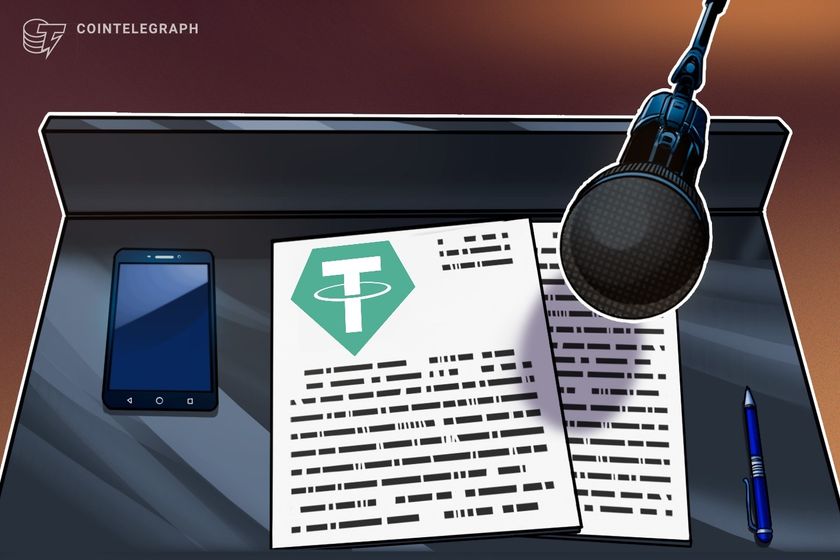Tether responds to US lawmakers’ calls for DOJ action



Tether has reacted to lawmakers’ requests for DOJ action over its stablecoin use, claiming it wants to be a “world class partner to the U.S.”
Tether, the company behind the stablecoin Tether (USDT), disclosed letters directed to U.S. legislators, addressing requests for intervention by the Department of Justice in relation to the illicit use of its stablecoin.
The communications were sent to members of the U.S. Senate Committee on Banking, Housing, and Urban Affairs and the U.S. House Financial Services Committee on Nov. 16 and Dec. 15, detailing “Tether’s commitment to fighting illicit use of stablecoins.”
The letters aim to answer calls from Senator Cynthia Lummis and Representative French Hill from October, urging the DOJ “to carefully evaluate the extent to which Binance and Tether are providing material support and resources to support terrorism.”




















